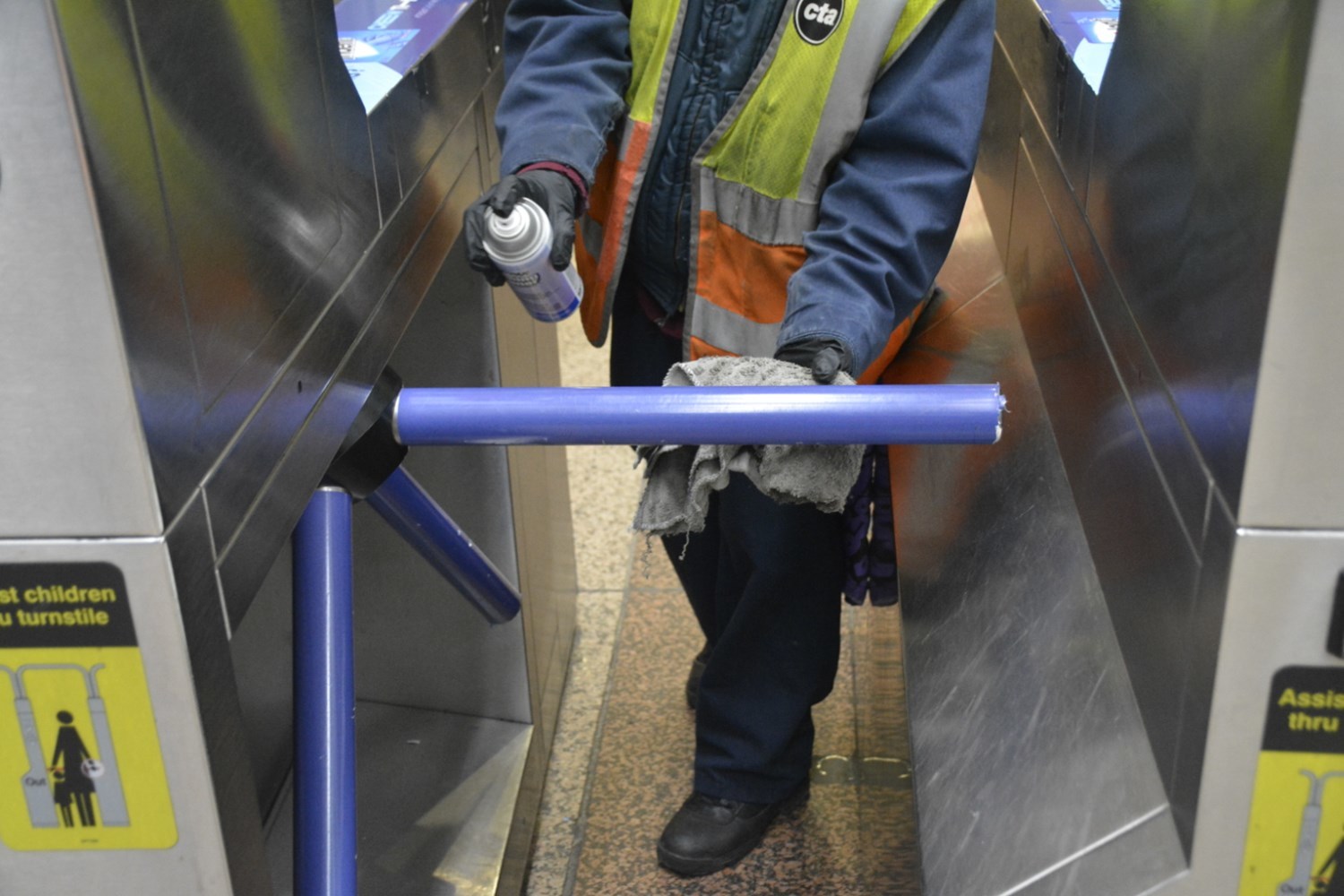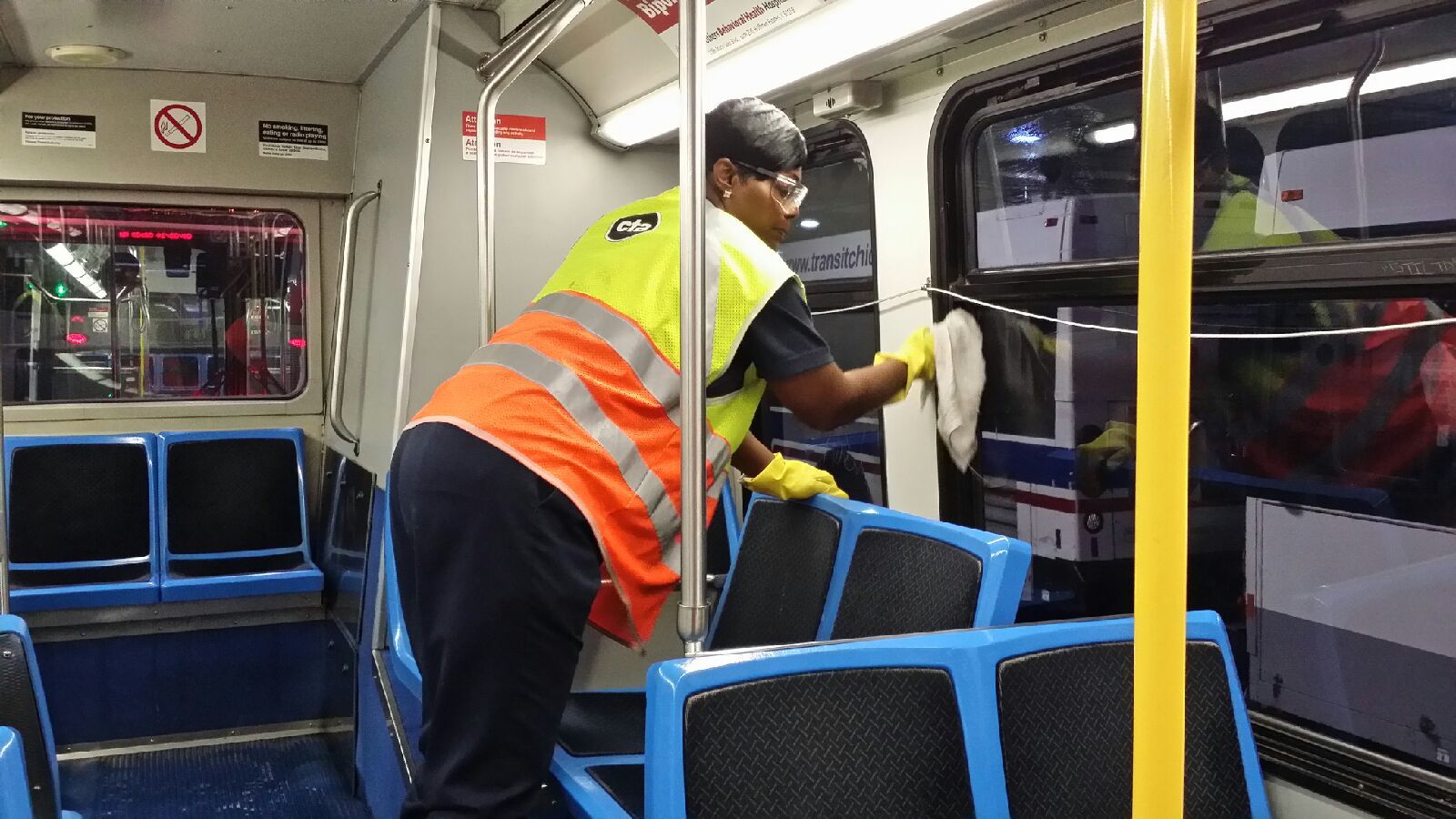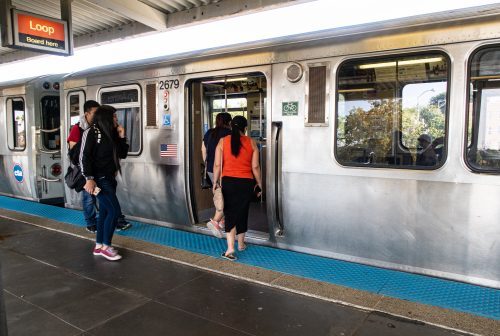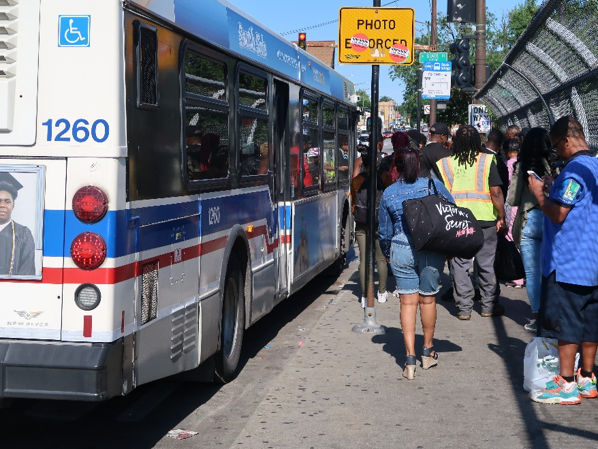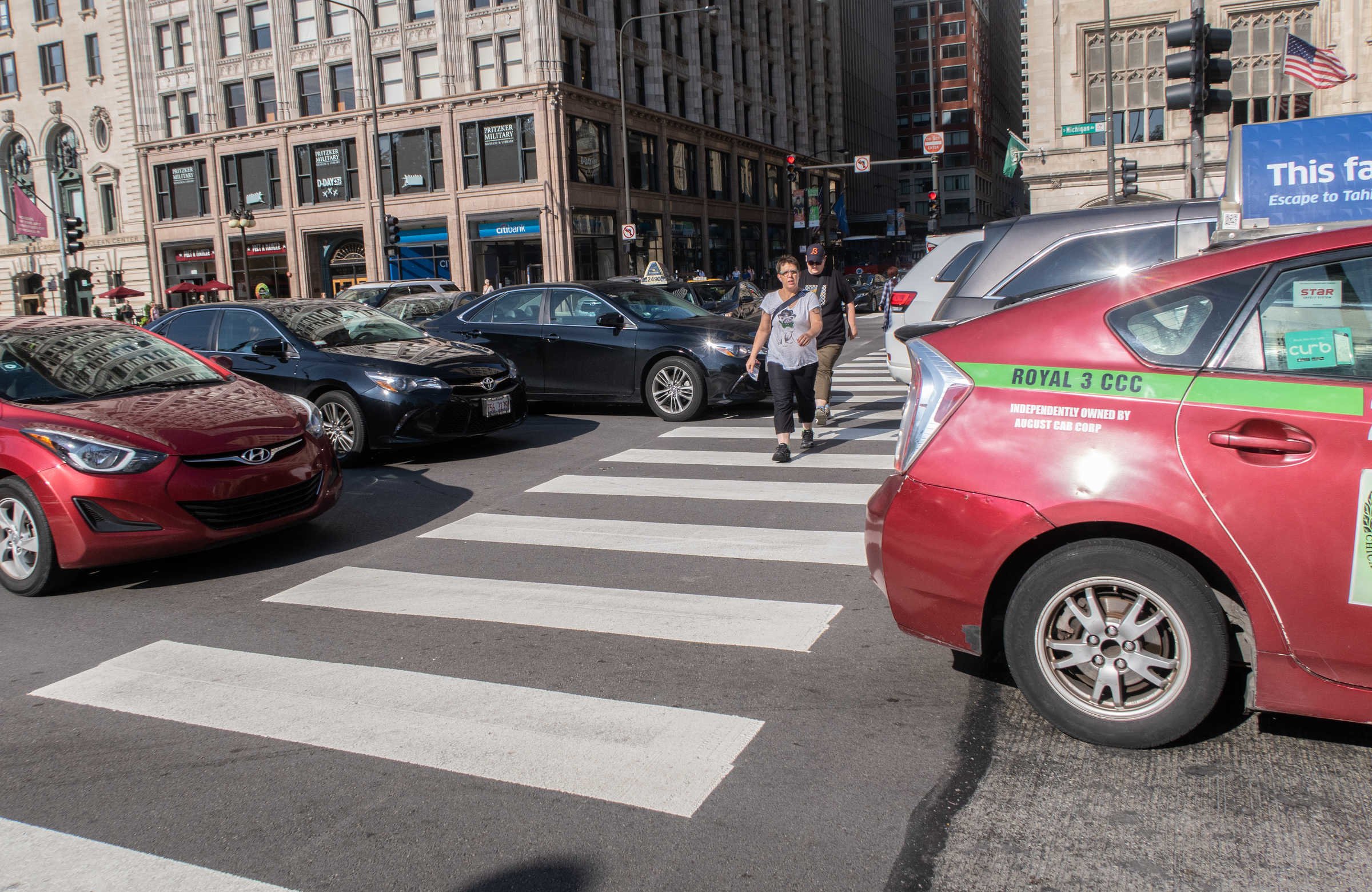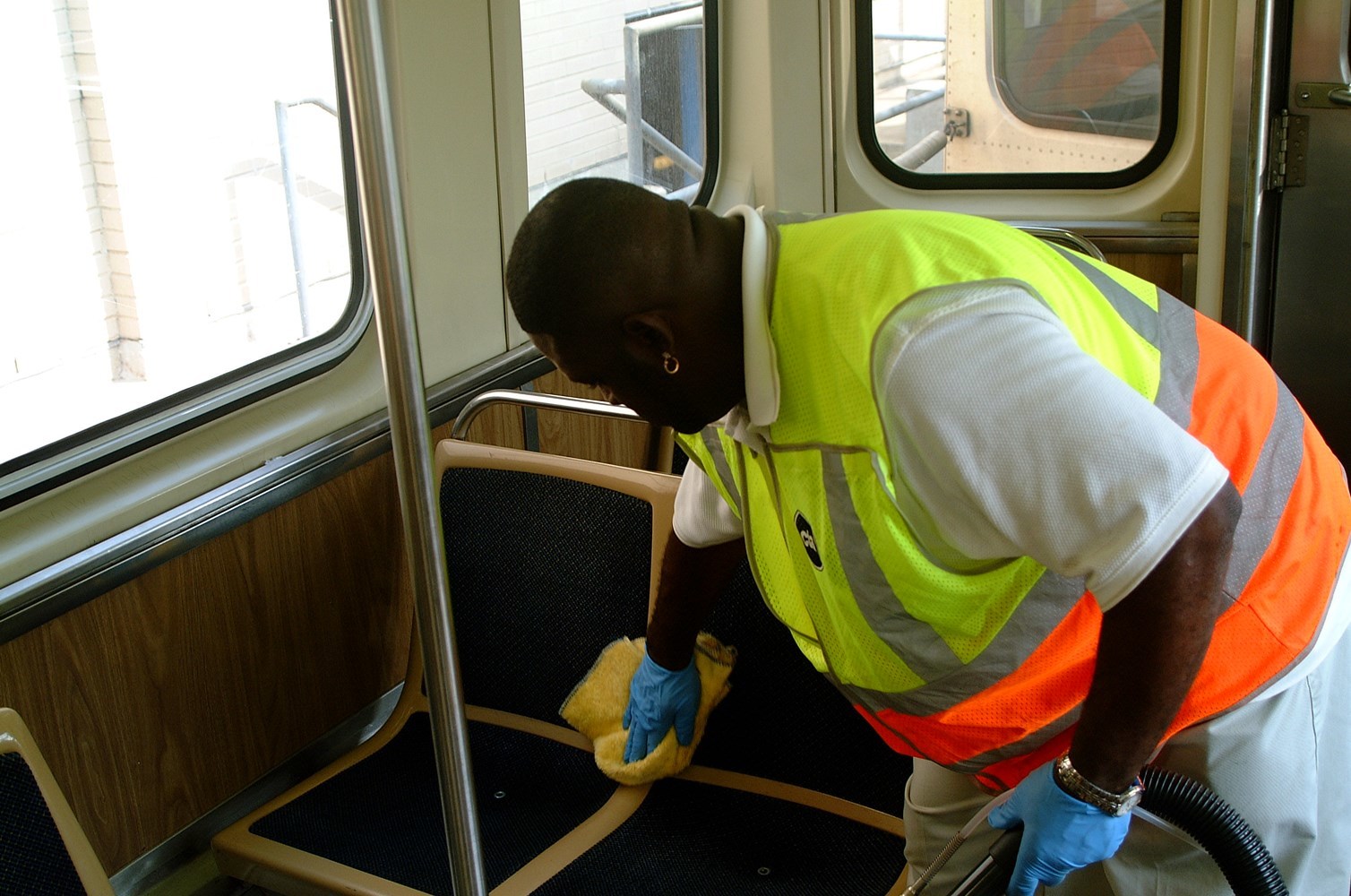
Federal stimulus bill includes $1.6 billion for Chicagoland transit
Transit advocates in Chicago and cities across the country spoke up and Congress heard our call to provide emergency operating assistance for public transit during the COVID-19 crisis. The COVID-19 stimulus bill passed by the U.S. House of Representatives Friday includes $25 billion for transit, including $1.6 billion for Chicagoland agencies. Reports indicate CTA will get approximately $800 million, Metra will get more than $400 million, and Pace will get about $100 million. Initial drafts of the bill that surfaced last week didn’t include any assistance for transit. In response, Transportation for America led a national effort of advocates, transit agencies, and elected officials who pushed back. Active Trans activated hundreds of supporters in the Chicago area, who generated nearly...
Tags: Advocacy, Back on the Bus, Chicago, transit, Transit Equity

